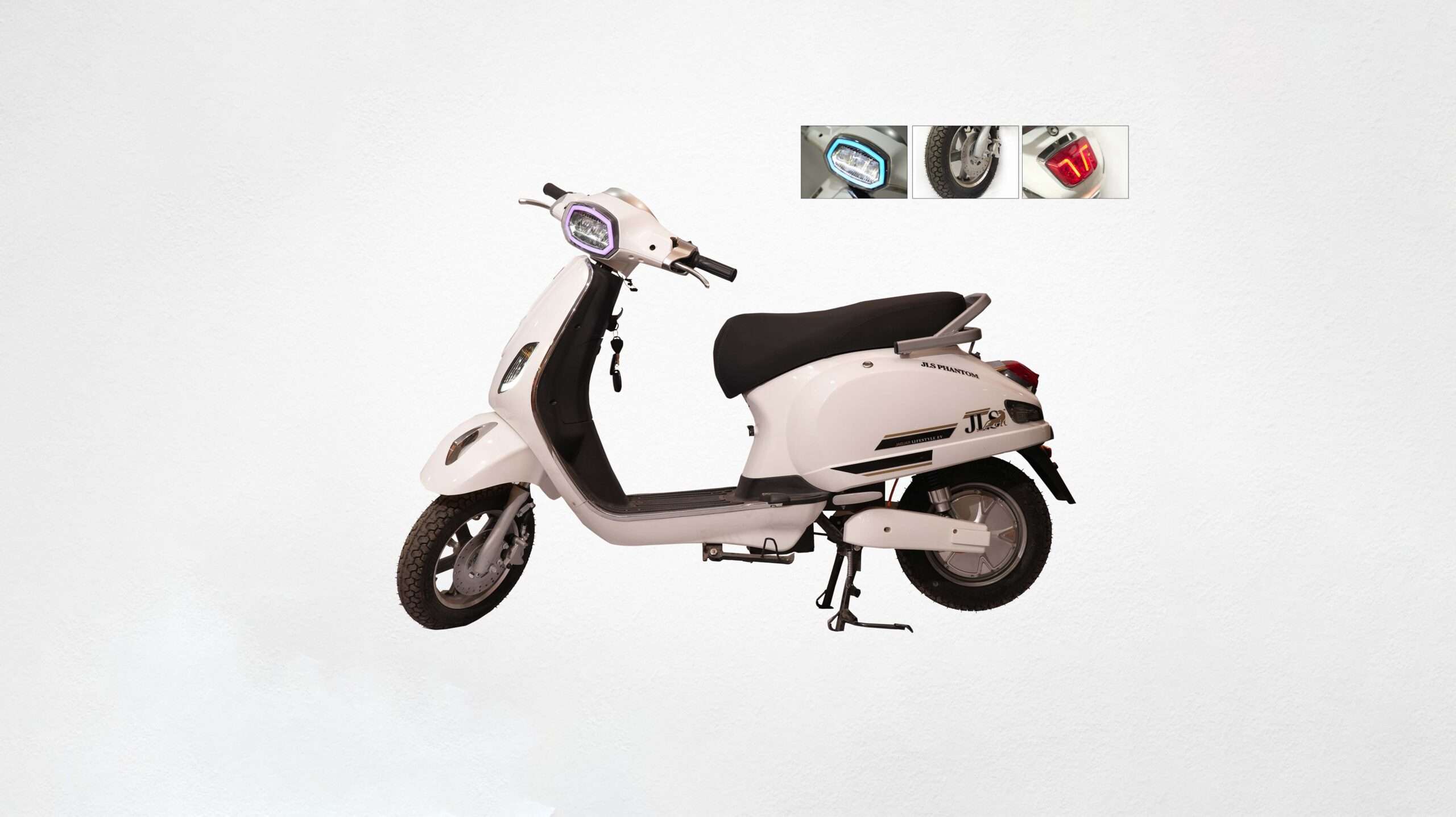Gender responsibility sentiments that have historically contributed to economic injustice for people( such as Confucian ideas of virtuous women) have not lost favor in the midst of China’s economic growth and reformation. This investigation looks into how female college students feel about being judged on the basis of the conventionally held belief that women are virtues. Participants in Test 1 were divided into groups based on their level of job or home orientation, and they were then asked to complete a scene describing one of three scenarios: group or individual good stereotype evaluation. Finally, individuals gave ratings for how much they liked the female destination. The findings indicated that women who were more focused on their jobs detested righteous stereotype-based assessments https://wellness.mcmaster.ca/healthy-relationships-long-distance-communication-2/ more than ladies whose families were. The notion that positive stereotypes are normative, according to regress research, mediates this difference.

Other preconceptions of Chinese ladies include those of being unique” Geisha ladies,” no being viewed as capable of leading, and being expected to be submissive or passive. The persistent yellowish peril notion, in specific, feeds anti-asian chinese brides online attitude and has led to hazardous policies like the Chinese Exclusion Act and the incarceration of Japanese Americans during World war ii.
Less is known about how Chinese people react to positive preconceptions, despite the fact that the unfavorable ones they encounter are well-documented. By identifying and examining Asian women’s sentiments toward being judged according to the conventional positive righteous myth, this research seeks to close this gap.




